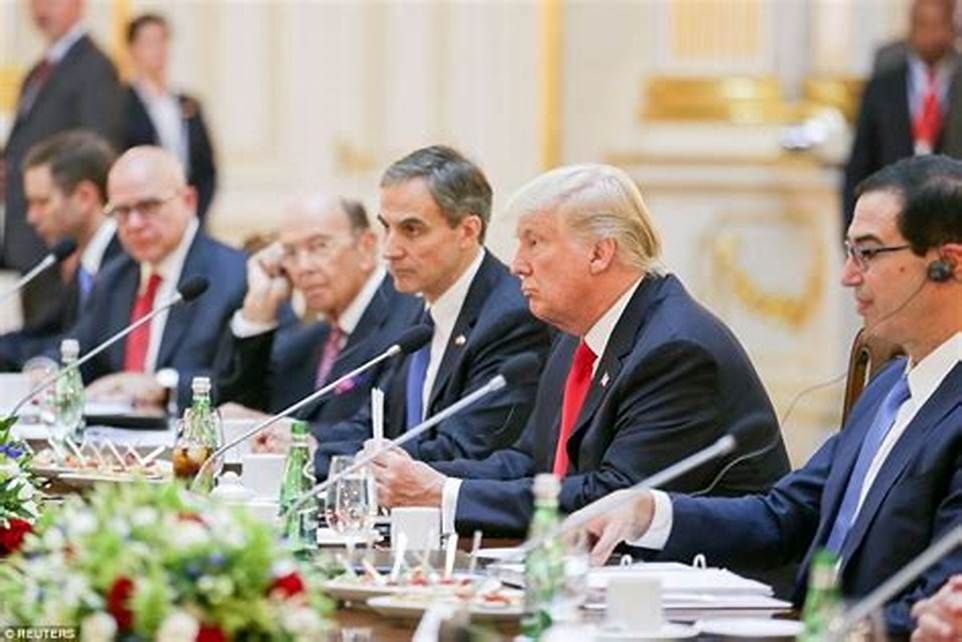
Western European nations have a long and complex history of involvement in African politics, with impacts that continue to resonate across the continent. From colonial legacies to contemporary interventions, the motives behind Western European interference in African affairs are multifaceted and often intertwined with geopolitical, economic, and historical factors.
Colonial Legacy:
One of the most significant factors driving Western European interference in Africa is the colonial legacy. Many African countries were once colonies of European powers, and the scars of colonialism still run deep. The boundaries imposed by colonial powers often disregarded existing ethnic, cultural, and political realities, leading to long-term instability and conflict.
Economic Interests:
Western European nations have economic interests in Africa, ranging from access to natural resources to investment opportunities. The continent is rich in minerals, oil, and other valuable resources, making it a lucrative market for Western companies. Economic interference can take various forms, including trade agreements, investment deals, and development aid, which can sometimes come with strings attached.
Geopolitical Considerations:
Africa's strategic location and resources make it a region of interest for Western European powers seeking to expand their influence. Geopolitical rivalries, both between Western nations and with other global powers, can drive interference in African politics, as countries vie for control and leverage in the region.
Humanitarian and Security Concerns:
Western European nations often cite humanitarian and security concerns as reasons for interfering in African politics. This can include efforts to promote democracy, human rights, and stability, as well as interventions in response to conflicts, terrorism, and other threats to regional and global security.
Criticism and Controversies:
Despite these stated motives, Western European interference in African politics has been met with criticism and controversy. Some argue that it perpetuates neo-colonialism and undermines African sovereignty, while others question the effectiveness and sincerity of Western interventions in addressing the root causes of African challenges.
Impacts on African Nations:
The impacts of Western European interference in African politics are profound and far-reaching. While some interventions may have positive outcomes, such as economic development and humanitarian assistance, others have led to conflict, instability, and the perpetuation of poverty and inequality.
Conclusion:
The motives behind Western European interference in African politics are complex and often driven by a combination of historical, economic, geopolitical, and humanitarian factors. While Western nations may justify their actions as being in the best interests of African nations, the impacts of interference can be mixed, highlighting the need for a nuanced understanding of the dynamics at play and a careful approach to engagement in African affairs.